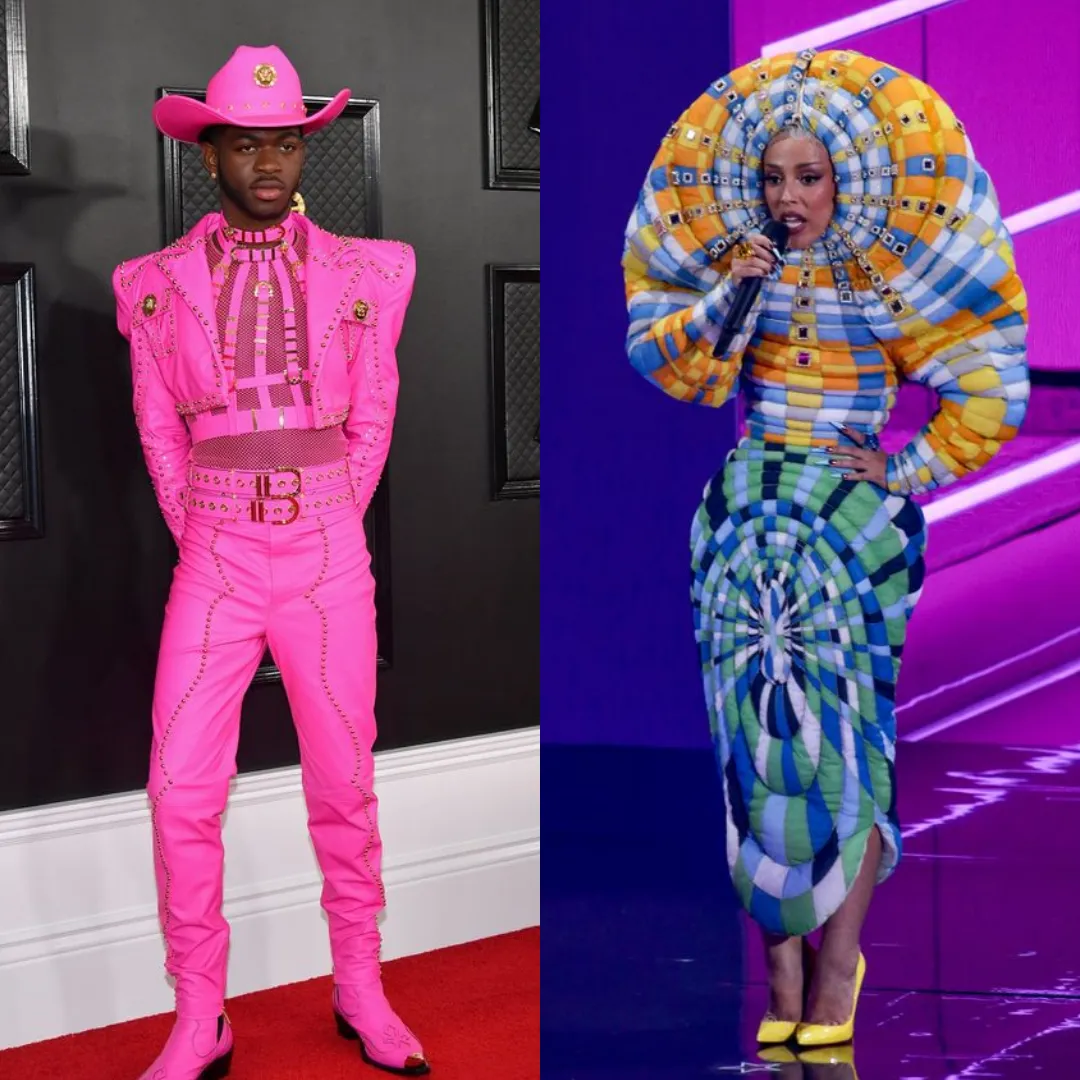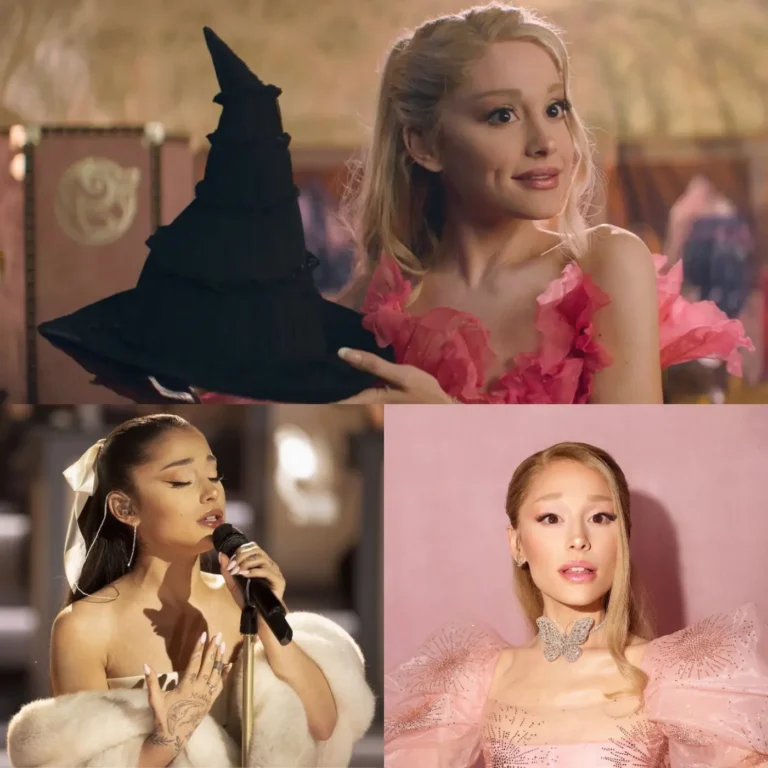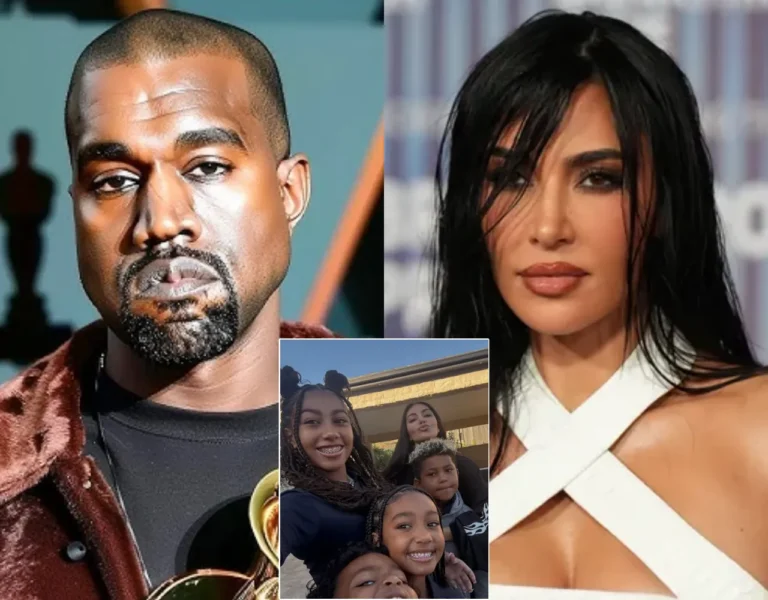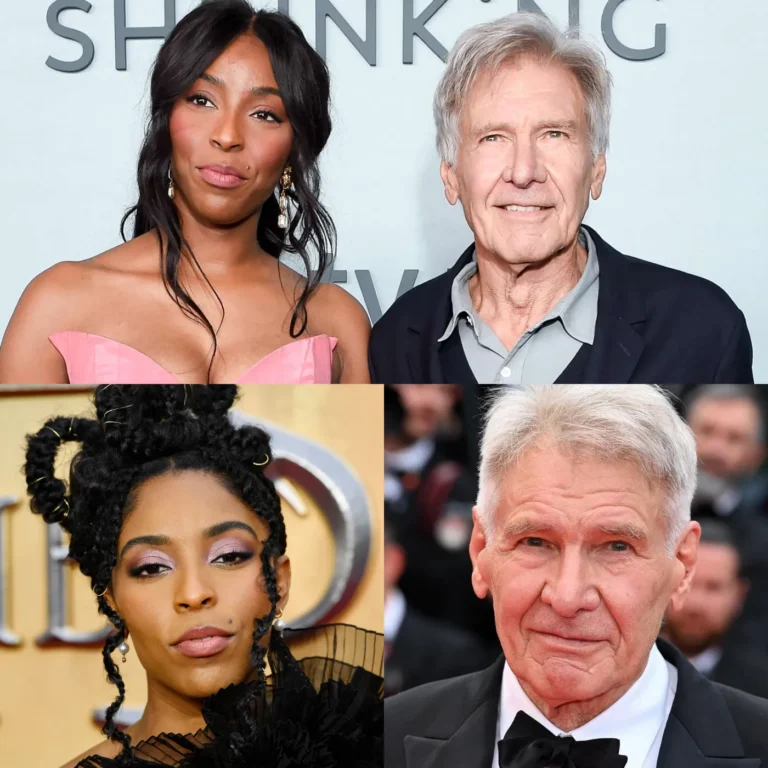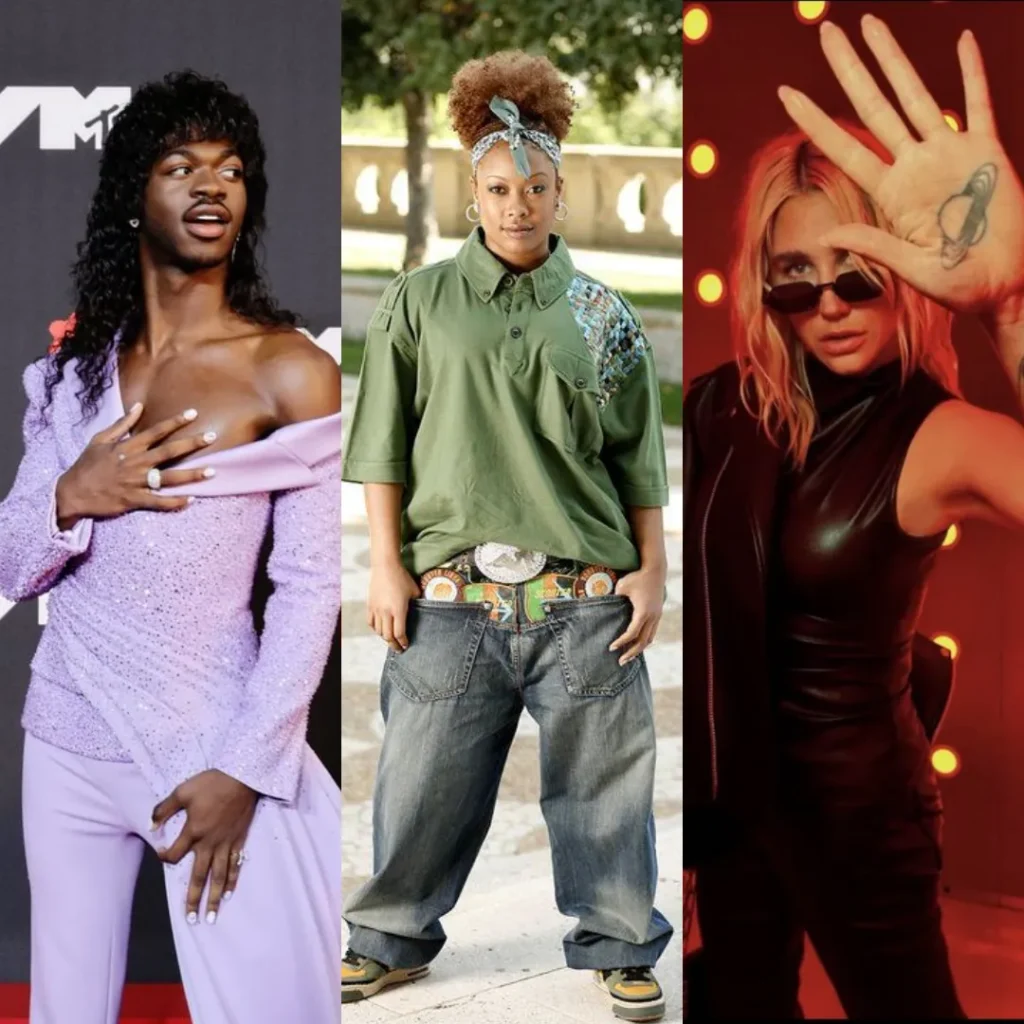
In recent years, the hip-hop genre has undergone significant changes regarding gender perceptions. Today’s rappers not only challenge traditional gender norms but also ignite a social revolution, promoting acceptance and the freedom to express one’s true identity. This article will explore how rappers are shifting gender trends in music and the broader impact of these changes on global music culture.
1. The New Generation of Rappers and Breaking Gender Stereotypes
Hip-hop began as an Old School genre associated with tough, streetwear-clad men who embodied masculinity. However, things have changed, and some modern rappers have begun breaking these norms, expanding the concept of gender in music. Leading figures in this transformation include:
Lil Nas X: A key artist in changing perceptions of gender in hip-hop, Lil Nas X, with his hit “Montero (Call Me by Your Name),” has become a symbol of gender freedom. Despite initial criticism, he openly embraced his sexuality, paving the way for LGBTQ+ artists in the hip-hop industry.
Doja Cat: A female rapper blending hip-hop, pop, and R&B, Doja Cat is another example of breaking traditional femininity. Her unique style and bold self-expression in both music and fashion showcase a new model of gender diversity, where individuals can live authentically without adhering to rigid gender rules.

2. The Contradictory Views Hip-Hop Faces
As with any significant cultural change, there are always opposing views. While the shift in gender expression in hip-hop has been embraced by many, there are still critics. Some within the hip-hop community maintain conservative views and oppose the visibility of LGBTQ+ rappers. However, the development of this trend is creating a pivotal moment in the music industry, helping hip-hop become a creative space where artists can express themselves freely, without fear of exclusion or criticism.
3. Social and Cultural Impact
The changes in gender norms are not only making their mark in hip-hop but also influencing society at large, encouraging a broader understanding and acceptance of the LGBTQ+ community. Artists like Lil Nas X and Doja Cat have inspired many, particularly LGBTQ+ youth, to live authentically, pursue their desires, and express themselves in unconventional ways—from unique fashion to dating outside traditional gender norms—as long as they don’t break the law. This shift is helping to change societal perceptions, promoting equality and inclusion within the community.
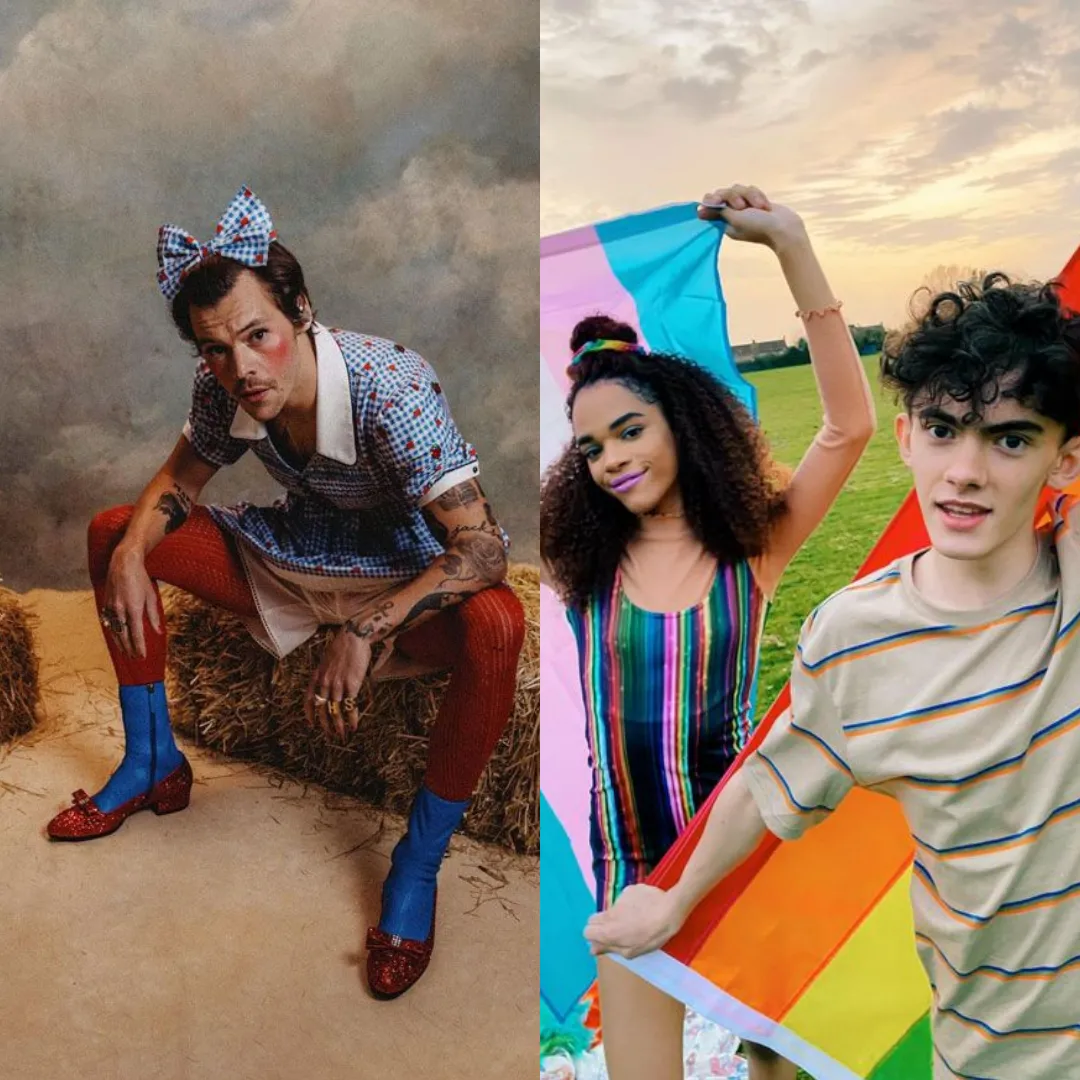
4. The Future of Hip-Hop and Gender Diversity
The future of hip-hop will no longer be confined by outdated gender stereotypes. The emergence of rappers who openly express their gender identity is paving the way for a new musical space where everyone can express themselves freely without adhering to rigid gender norms. This is further driving the movement for gender equality in society.
Rappers are leading the gender revolution in hip-hop, not only transforming music but also making a profound impact on society. They are helping to create a music world that embraces all gender identities, fostering personal freedom and equality.
